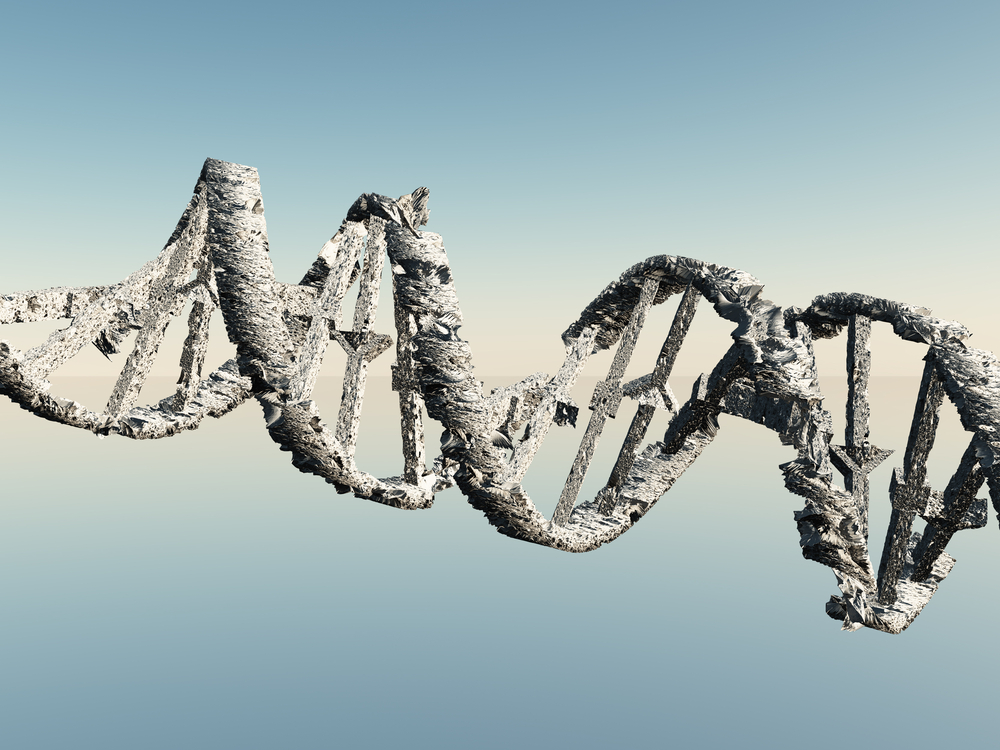A research team from the Yale University School of Medicine has identified one of the most frequent gene mutations in melanoma skin cancer patients. The study entitled “Exome sequencing identifies recurrent mutations in NF1 and RASopathy genes in sun-exposed melanomas” appeared July 27, 2015 in Nature Genetics.
Melanoma is the most dangerous form of skin cancer caused by exposure to UV light from sunshine or tanning beds. Gene mutations, some of which are directly caused by UV exposure, have a crucial role in the development of melanoma (melanogenesis).
To gain a deeper knowledge of the gene mutations underlying melanoma development, researchers analyzed the DNA of 213 human melanoma samples. By using whole-exome sequencing, a technique that specifically sequences DNA regions in the genome coding for proteins, they identified mutations in the NF-1 gene, a tumor suppressor gene that is also a major player in melanogenesis. So far, the most known frequent mutations associated with malignant melanomas were in the BRAF and NRAS genes. “The key finding is that roughly 45% of melanomas that do not harbor the known BRAF or NRAS mutations display loss of NF1 function, which leads to activation of the same cancer-causing pathway,” said Michael Krauthammer, one of the corresponding authors of the study, in a press release.
Melanoma patients with NF-1 mutations were older and had a greater number of genetic alterations, including some in genes affecting the RAS–MAPK signalling pathway, known as RASopathy genes. These additional mutations may enhance melanogenesis of NF-1 since single alterations in the NF1 gene are not sufficient to cause skin cancer. “Loss of NF1 requires more accompanying changes to make a tumor,” Halaban explained. “Our study identified changes in about 100 genes that are present only in the malignant cells and are likely to be causative. This panel of genes can now be used in precision medicine to diagnose malignant lesions and can be applied to personalized cancer treatment.”
However, loss of NF1 function did not predict sensitivity to MEK or ERK inhibitors, two anti-melanoma drugs. Further research will hopefully contribute to elucidate the role of NF-1 in melanoma and may lead to the development of more targeted anti-cancer therapies.


